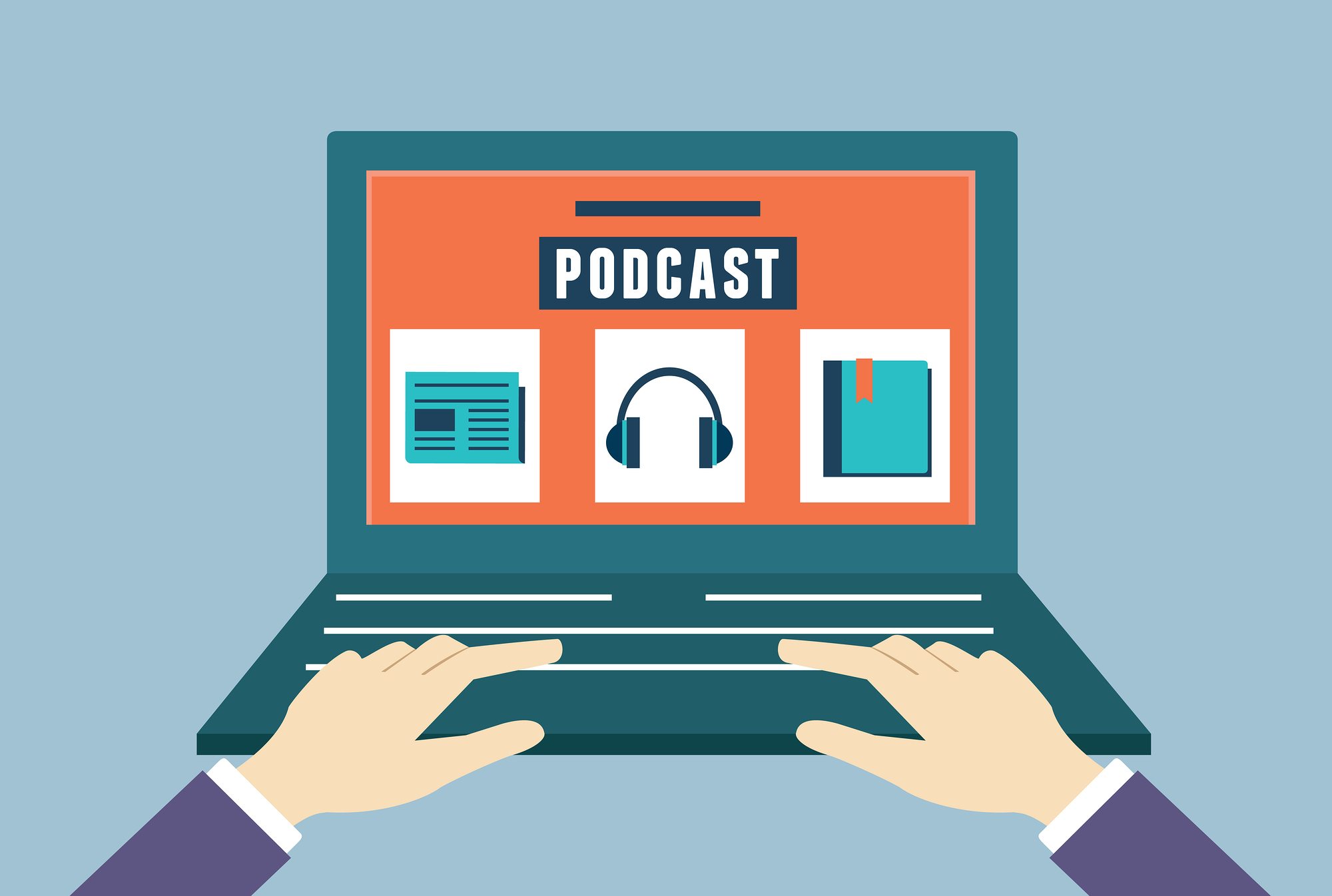The popularity of podcasts has greatly increased over the last few years, with the number of listeners continuing to grow. The addition of a podcast to your CRA is a valuable tool in establishing long-term engagement with your community and local constituents. Below are ways to get started.
Choosing a topic:
First, you must decide on a topic. There are a lot of topics that your CRA can talk about on a podcast to further engage with your community and reach a broader audience.
Podcast Topics:
- Positive redevelopment stories
- Educating listeners on redevelopment efforts
- Informing listeners on current and upcoming programs and projects
- Creating an interview series with guest speakers, such as:
- Developers
- Agencies and firms working on projects
- City officials
Starting a podcast:
The use of technology makes starting a podcast easier than ever and virtually effortless. Once you have determined the topic and overall theme of your podcast you will need to take the following steps in setting up your podcast.
Step 1: Choose your podcast products.
There are different types of starter packages you can use, but to keep things basic you will need a microphone (USB or analog), sound canceling headset, mixer (for analog mic), computer and voice-recording podcast software.
Step 2: Pick your software.
If you have a Mac computer you can record using Garageband, which comes free with every Mac. Audacity is a free and easy-to-use software that has versions available for Mac, PC and Linux. When it comes down to picking your software be sure to research various aspects like what software would work best for your computer, what software is within your price range and what software has the essential features you’ll need.
Step 3: Perfect the sound of your podcast.
Before launching your podcast, you will want to have a few practice runs in recording the audio to ensure that it sounds as you intend without any noise distractions or outliers. It would also be beneficial to write out a script on what you will say at the beginning of an episode and your transitions from one topic to another prior to recording your practice run. Once you have recorded your first practice run ask a few of your CRA members to sit in and listen to your recording to get any helpful feedback on content and audio before moving on to the next step.
Step 4: Save and tag your podcast.
Once your podcast is recorded, save the audio file to your computer desktop. Make sure it’s in MP3 format so that you can open up the file in a sound editor to edit out long periods of silence or extra background noises. Then, tag the file and give it ID information, such as speakers and topic.
Step 5: Create your RSS podcast feed and upload.
It is crucial that you post your podcasts on your CRA website, but before you are able to start posting your podcasts you’ll need to set up an RSS feed. Be sure to post your RSS feed on your website so people can easily subscribe. For a more in-depth explanation on how to set up your RSS feed and post podcasts to your CRA website follow this link.
Creating content for your podcast:
The best way to ensure that you’re going to be discussing topics that your audience wants to hear is to take polls on your CRA’s social media, providing multiple topic options, or also take suggestions on your website. You’ll need to create a centralized process around all of your content. It will be important to make a weekly goal of setting aside time to brainstorm what relevant topics will be up for discussion on the next podcast.
Promoting your podcast:
Now that you have launched your CRA podcast it is time to spread the word! Take advantage of your CRA’s social media and website to promote your podcast. Be sure to title your podcast, write a little blurb on what it’s about and put the link directly to your media file at the end. You can also use these outlets to keep your listeners informed on when the next podcast will be out and what topics you will be discussing on the next podcast.
Measuring your podcast’s success:
The tricky part about a podcast is that there is no simple way to measure success. Sure you can pay attention to the number of downloads and subscriptions, but that doesn’t guarantee that those people are actually listening. It will be crucial that you utilize social media to ask people what they thought of the latest podcasts so that you can transfer that information over to what you will hone in on for the next podcast. Listening to the opinions of your audience will be vital in growing your listener base. Pay attention to their needs and what they want to know about all things redevelopment.
Starting your own CRA podcast can positively affect the way your community thinks about redevelopment in your area. The content of your podcast will be crucial in getting people to listen, connect and take action. With the right motivation, resources, and consistency, podcasts can be a powerful way to tell your CRA’s story and engage with your community.
Having trouble getting your CRA more involved? Please contact Erica Thaler, FRA’s account manager and the Chief Marketing Officer at RBOA – Digitally Driven Marketing. RBOA is an integrated marketing and communications firm located in Tallahassee, Florida. RBOA can provide numerous services for your CRA such as advertising, social media management, web development and more. Public relations counseling and advice is included in your FRA Membership.

